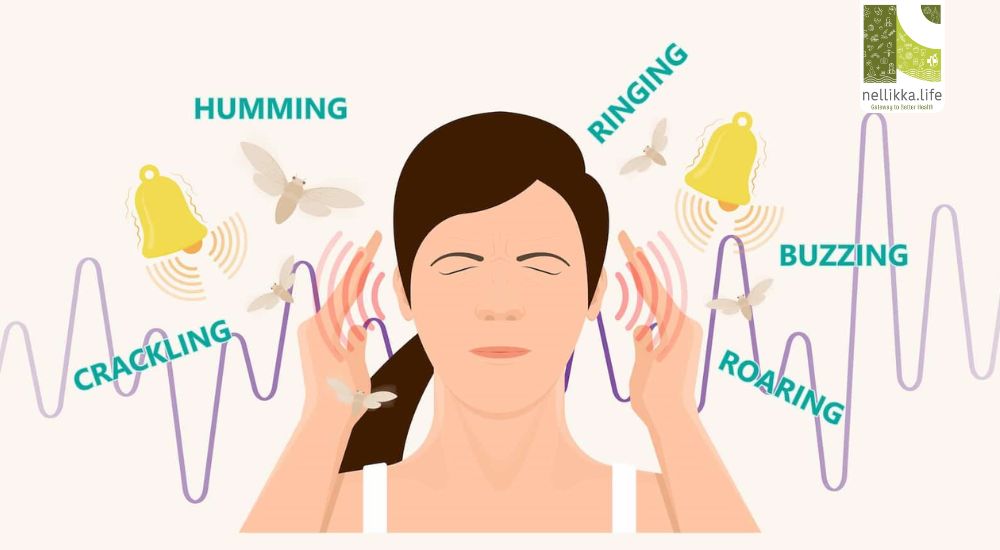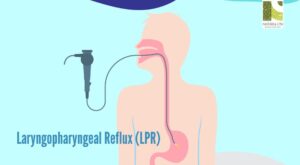Tinnitus: Understanding the Ringing in Your Ears

Tinnitus, often described as a persistent ringing, buzzing, or hissing in the ears, affects millions of people worldwide. While it’s not a disease itself, it is a symptom of an underlying condition, and its impact on quality of life can be profound. From minor distractions to sleep disturbances and emotional distress, tinnitus is more than just “noise.”
In this blog, we dive deep into the causes, science, treatment options, and coping strategies for tinnitus.
What Is Tinnitus?
Tinnitus is the perception of sound in the absence of an external sound source. People describe it in different ways—ringing, whistling, roaring, clicking, or buzzing. It can be intermittent or constant, affecting one or both ears.
There are two primary types:
- Subjective Tinnitus: The most common type. Only the person experiencing it can hear the sound.
- Objective Tinnitus: A rare type that a doctor can also hear during an examination, often caused by a vascular or muscular issue.
How Common Is Tinnitus?
- According to the American Tinnitus Association (ATA), about 15–20% of the population experiences some form of tinnitus.
- It’s especially prevalent among older adults, military veterans, and those exposed to loud noise over time.
What Causes Tinnitus?
Tinnitus arises from a variety of physiological and neurological issues. Some of the most common causes include:
1. Hearing Loss
Age-related hearing loss (presbycusis) and noise-induced hearing damage are primary contributors. Damage to the tiny hair cells in the cochlea can lead the brain to “create” noise as a way of compensating.
2. Medications (Ototoxic Drugs)
Certain drugs are known to cause or worsen tinnitus, including:
- Aspirin (in high doses)
- Nonsteroidal anti-inflammatory drugs (NSAIDs)
- Some antibiotics (e.g., gentamicin)
- Loop diuretics
- Chemotherapy agents
3. Neurological and Circulatory Disorders
- Meniere’s disease
- Acoustic neuroma
- Hypertension or turbulent blood flow
- Temporomandibular joint (TMJ) dysfunction
4. Head and Neck Injuries
Trauma can affect auditory nerves, inner ear structures, or brain function, leading to tinnitus.
The Science Behind Tinnitus
Research suggests that tinnitus is a result of maladaptive neural plasticity. When auditory input is reduced (such as with hearing loss), the brain may attempt to “fill in” the silence, resulting in perceived sound.
Functional MRI (fMRI) studies have shown abnormal activity in:
- The auditory cortex
- Limbic system (emotions and memory)
- Default Mode Network (DMN), suggesting that tinnitus is not purely a sensory phenomenon—it’s emotional and cognitive too.
Diagnosing Tinnitus
There’s no single test for tinnitus, but healthcare providers may recommend:
- Hearing tests (audiogram)
- Imaging (MRI or CT) if neurological causes are suspected
- Blood tests for thyroid function, iron levels, and autoimmune markers
- Evaluation for TMJ or jaw alignment
Treatment and Management Options
While there’s no universal “cure” for tinnitus, many people find relief and control through a combination of treatments:
1. Sound Therapy
Using white noise machines, hearing aids, or customized sound masking to neutralize the perception of tinnitus.
2. Cognitive Behavioral Therapy (CBT)
CBT helps individuals manage emotional distress related to tinnitus and reduce its perceived intensity.
3. Medication
While no drug cures tinnitus, antidepressants or anti-anxiety medications may help reduce symptoms in those severely affected.
4. Hearing Aids
For those with hearing loss, amplification reduces the contrast between external noise and internal tinnitus.
5. Lifestyle Modifications
- Reducing caffeine and alcohol
- Managing stress and sleep
- Avoiding loud noise and using hearing protection
Emerging Treatments & Research
Researchers are exploring:
- Neuromodulation techniques like transcranial magnetic stimulation (TMS)
- Pharmacological targets for auditory nerve pathways
- Gene therapy in hearing restoration
- Mindfulness-based stress reduction (MBSR)
The American Tinnitus Association (ATA) and NIH fund ongoing research into more effective treatments.
Living with Tinnitus: Coping Strategies
- Education: Understanding tinnitus empowers patients to take control.
- Support groups: Shared experiences often help reduce emotional burden.
- Mindfulness & meditation: Reduce emotional reactivity and perceived severity.
Tinnitus may be an invisible condition, but its effects are real and far-reaching. The key lies in early identification, lifestyle adjustments, and supportive care. If you’re experiencing persistent ear ringing or sound perception, consult a healthcare provider to explore the root cause.
At Nellikka.life, we believe in science-backed wellness, and raising awareness of conditions like tinnitus helps people live fuller, better-informed lives.
🔗 References:





